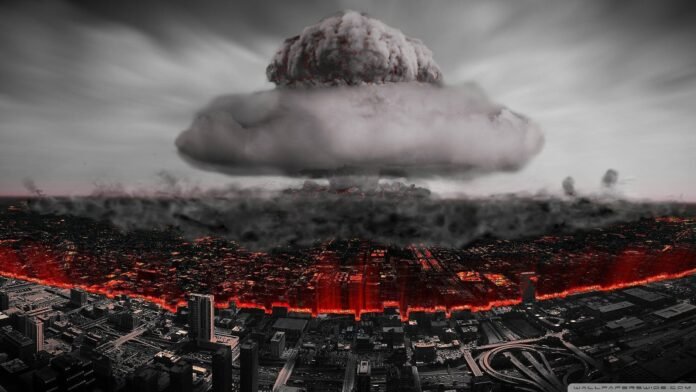The disturbing events of 9/11 are a stark reminder of the impact terrorism can have on a global scale. While 9/11 remains one of the most devastating terrorist attacks in history, there have been several other significant events that have caused widespread destruction and altered the course of history. This blog explores some of these events, highlighting their causes, impacts, and the global response to each.
The Oklahoma City Bombing (1995)
On April 19, 1995, a truck bomb blasted outside the Alfred P. Murrah Federal Building in Oklahoma City, Oklahoma, killing 168 people and wounding over 600. The attack was carried out by Timothy McVeigh and Terry Nichols, who were motivated by anti-government sentiments. This attack remains one of the deadliest acts of domestic terrorism in U.S. history.
The London Bombings (7/7) (2005)
On July 7, 2005, a series of coordinated suicide bombings targeted London’s public transport system during the morning rush hour. Four Islamist extremists detonated bombs on three Underground trains and a double-decker bus, killing 52 people and injuring over 700. This attack highlighted the threat of homegrown terrorism in Western countries.
The Madrid Train Bombings (2004)
On March 11, 2004, ten bombs exploded on four commuter trains in Madrid, Spain, killing 193 people and injuring around 2,000. The attacks were orchestrated by an al-Qaeda-inspired terrorist cell in retaliation for Spain’s involvement in the Iraq War. The bombings had a significant political impact, influencing the outcome of the Spanish general elections just three days later.
The Mumbai Attacks (2008)
From November 26 to 29, 2008, ten members of the Pakistan-based militant group Lashkar-e-Taiba carried out a series of attacks across Mumbai, India. The attackers targeted multiple locations, including two luxury hotels, a railway station, a hospital, and a Jewish community center. The siege resulted in the deaths of 166 people and left over 300 injured. The attacks exposed vulnerabilities in India’s security infrastructure and led to major changes in counter-terrorism policies.
The Charlie Hebdo Attack (2015)
On January 7, 2015, two brothers, Saïd and Chérif Kouachi, stormed the offices of the French satirical weekly newspaper Charlie Hebdo in Paris, killing 12 people and injuring 11 others. The attackers claimed to be avenging the publication’s cartoons depicting the Prophet Muhammad. This attack was part of a larger wave of terrorist activities in France and prompted widespread discussions about freedom of expression, security, and integration.
The Paris Attacks (2015)
On November 13, 2015, a series of coordinated terrorist attacks took place across Paris, including mass shootings at cafés and restaurants, a suicide bombing outside the Stade de France, and a hostage situation at the Bataclan concert hall. The Islamic State of Iraq and the Levant (ISIL) claimed responsibility for the attacks, which resulted in 130 deaths and over 400 injuries. The Paris attacks led to a state of emergency in France and intensified global efforts to combat ISIL.
The Brussels Bombings (2016)
On March 22, 2016, suicide bombers carried out attacks at Brussels Airport and the Maalbeek metro station in Brussels, Belgium. The bombings killed 32 civilians and injured more than 300 others. The attacks were linked to the same terrorist cell responsible for the Paris attacks in 2015. This event underscored the interconnected nature of terrorist networks in Europe and the need for enhanced security cooperation among nations.
These tragic events, like 9/11, have had profound impacts on the affected countries and the world at large. They have led to significant changes in national security policies, international relations, and public perceptions of terrorism. As we remember the victims and heroes of these attacks, it is crucial to continue efforts to understand the root causes of terrorism and work towards a more secure and peaceful world.



